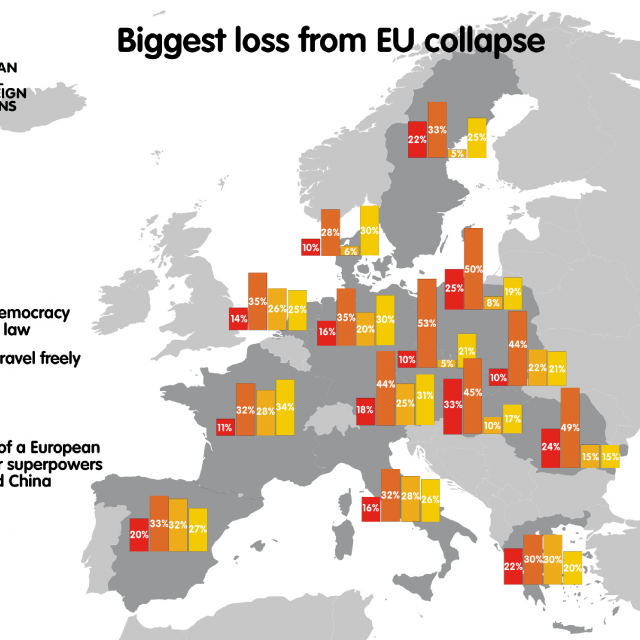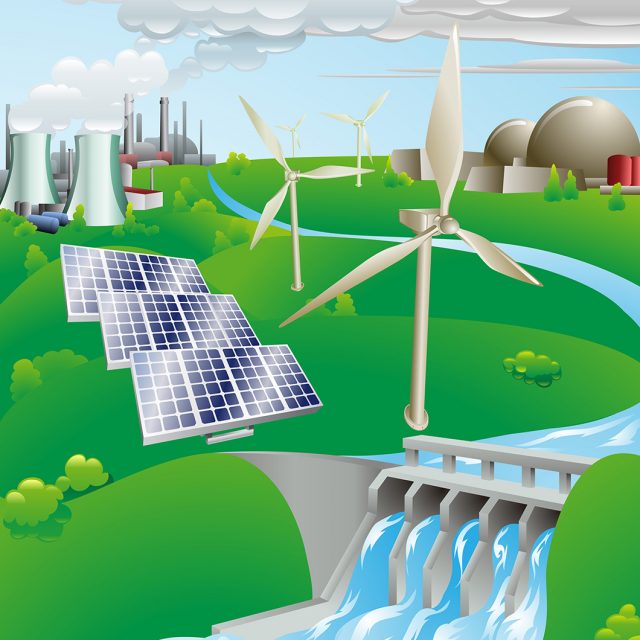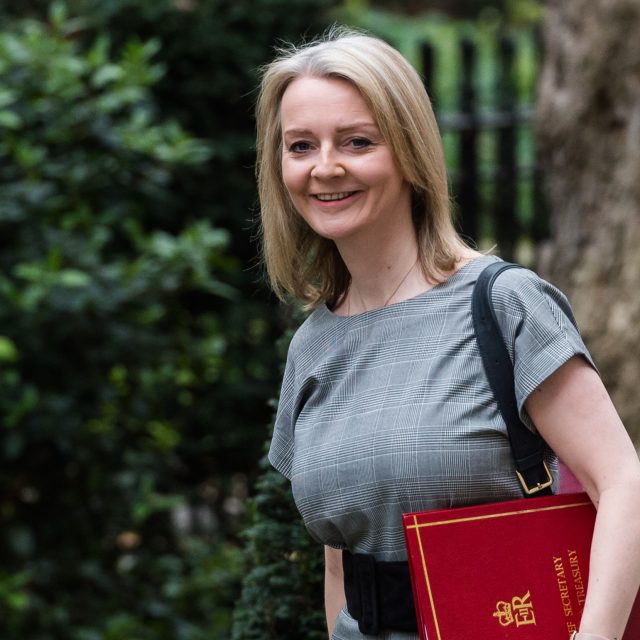In just under one month’s time on Sunday 9th June, 12 million Kazakh voters – just over two thirds of the population of the largest land-locked country in the world – will go to the polls to elect a new President.
The election follows on the resignation in March of the widely respected President Nursultan Nazarbayev, who skilfully steered the country through its post-Soviet independence into the modern economic powerhouse that Kazakhstan is today in Central Asia.
Nazarbayev’s achievement is significant, managing carefully the strategic foreign policy interests of Kazakhstan with its powerful neighbours in China, Russia and balancing these requirements with the need to retain strong relations with the European Union. Nazarbayev will continue to be an influential figure for the country, as he will remain as President of Kazakhstan’s National Security Council, a position that he will hold for life.
The current interim and “technocrat” President, Kassym-Jomart Tokayev, called for early Presidential elections in Kazakhstan to take place in June in order to give the newly elected President a proper and legitimate mandate to rule.
A former Foreign Minister, Tokayev is standing against 6 other candidates in the election, for which campaigning started already last weekend. The other candidates include Daniya Yespaeva from the AkZhol Party – the first woman to run in such an election, Zhambyl Akhmetbekov of the Communist Party, Toleutai Rakhimbekov of the “Autl” Party, Sadybek Tugel of the Public Association “Uly Dala Kyrandary” which translates as “Eagles of the Great Steppe” – who stand for the preservation of Kazakh traditional values – Amangeldy Taspikhov from the Federation of Trade Unions, and Amirzhan Kosanov of the National patriotic movement “Ult tagyryry” (Fa ther of the Nation).
Voting is not obligatory in Kazakhstan, and it is still too early for polling agencies to make any forecasts about likely turnout or voter preferences. Important campaign issues for voters are likely to be economic and domestic stability, the environment and national security; it remains to be seen how these issues will play out in the electoral campaign. A public debate between the respective candidates is expected, but no date has yet been set.
Whilst in Europe, young people have been vocal about environmental policy issues, and are demanding a greater say in policy matters, including the reduction of the voting age from 18 to 16 to ensure that young people can have a better say in structuring the ecology of the world to preserve their future, it remains to be seen whether young people in Kazakhstan will pick up on social media campaigning from young international spokespersons like Greta Thunberg in Sweden to push for greater priority to be given by the future President of Kazakhstan to tackling the world’s environment crisis.
The impact of the internet and social media on the campaign for this election is unknown. But Kazakhstan has been pioneering investments in renewable energy; it is a global power in respect of oil and gas production, and also nuclear power. There are ecological disasters in the country – such as the Aral Sea – that need to be tackled, but Kazakhstan has strong environmental credentials in its portfolio of achievements.
Whilst the election will be fiercely contested, expectations are that this will be a peaceful and uncontroversial affair; no antagonism or violence is anticipated. Nonetheless, there will be some 700 election observers drawn from the Organisation for Security and Cooperation in Europe (OSCE), the Organisation for Islamic Cooperation (OIC) and other international bodies present. Because of the overlap with European Parliamentary elections which take place in Europe on 26th May, there will not be any European Parliament observers in Kazakhstan.
The outcome of the Presidential election in Kazakhstan is important for the European Union. Not only does the EU have a responsibility to ensure that the election is conducted fairly and in accordance with the European democratic values that the Kazakh people aspire to. But also because the successfully elected next President of Kazakhstan will hold office for 5 years, in line with the term of office for the new European Parliament and the next European Commission.
The new President of Kazakhstan will be an important partner for the European Union in devising a cooperative strategic relationship with China and with Russia. It is absolutely in Europe’s interest to ensure that the new President has a strong democratic mandate from his electorate, and that this election is conducted smoothly and fairly in the best traditions of Europe’s democratic principles and values.




